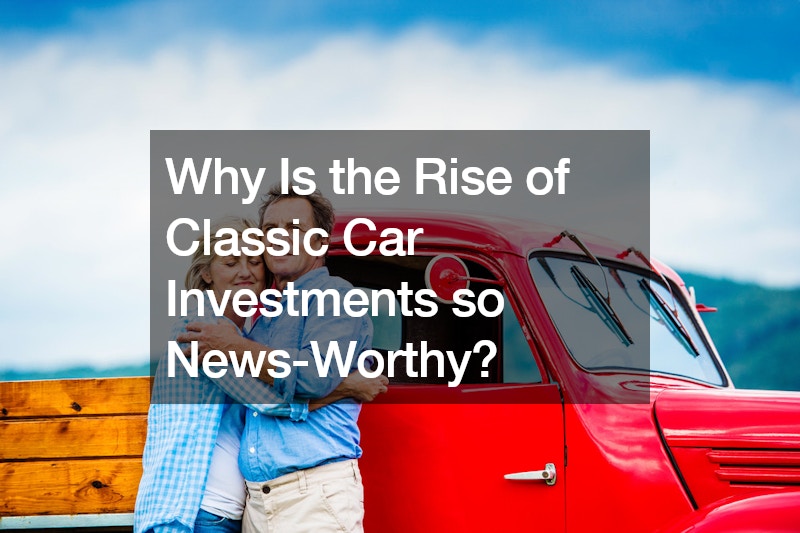
In recent years, classic cars have emerged as a lucrative investment opportunity, capturing the attention of enthusiasts and investors alike. Among those who have capitalized on this trend is Florian Zimmerman, whose vast collection of 300 vintage vehicles stands as a testament to both passion and profit. What began as a hobby during his tenure at Mercedes-Benz has evolved into a substantial financial venture, reflecting the broader market dynamics at play.
The allure of classic cars as an investment is underscored by remarkable statistics. Over the past decade, the value of vintage vehicles has surged by 185%, outpacing other luxury assets such as wine, watches, and art, according to Knight Frank’s 2023 wealth report.
This impressive appreciation has made classic cars the second-best performing asset class, trailing only rare whiskeys. A prime example of this market’s potential was the sale of a 1955 Mercedes-Benz 300 SLR Uhlenhaut Coupe for a staggering 135 million euros (approximately 149 million dollars) in 2022, setting a record as the world’s most expensive car ever sold.
The expanding market for classic cars is not limited to a small community of collectors. Investors, drawn by the prospect of high returns, are increasingly applying for classic car auto financing to enter this alternative asset class. The market, estimated at around 80 billion dollars in annual transactions, is seeing robust activity not only in North America, the largest market for auctions, but also in emerging regions such as the Middle East, China, and India.
However, investing in classic cars is not for the financially faint-hearted. The costs associated with maintaining a car collection can be substantial. Zimmerman highlights that annual running costs, including storage and insurance, can amount to up to 6% of the portfolio’s value. Additionally, finding skilled mechanics to maintain these vintage vehicles is becoming increasingly difficult and costly, further adding to the financial burden.
The drive to phase out combustion engine cars is expected to heighten interest in classic cars, viewed as relics of a vanishing era. This shift could further inflate their value, making them an even more attractive investment. Yet, potential investors must be mindful of the significant expenses involved in maintaining these prized assets.
In conclusion, the classic car market presents a compelling investment opportunity with substantial potential returns. For those willing to navigate the associated challenges and costs, choosing to apply for classic car auto financing could be the first step towards joining a thriving market that blends passion with profit.
.

